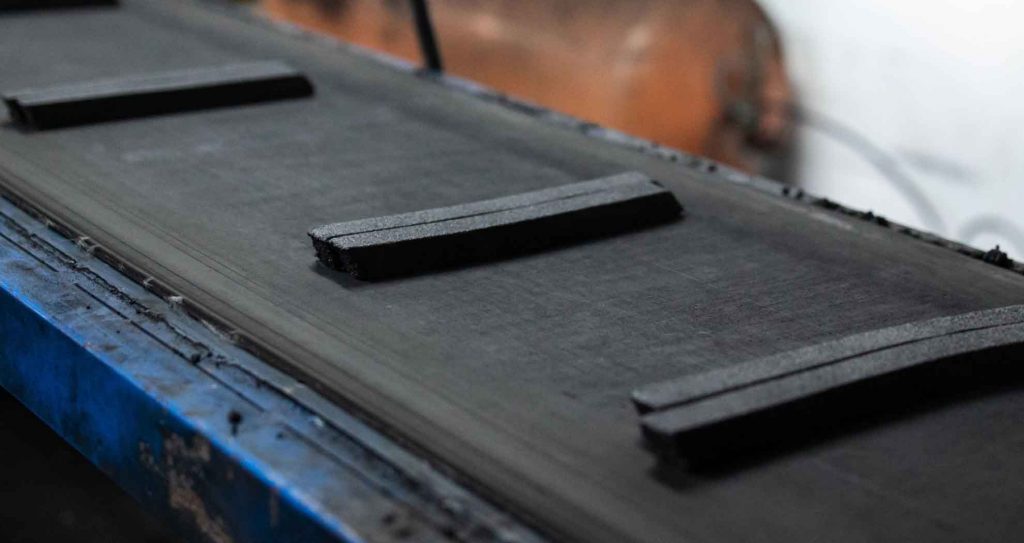As the world becomes increasingly aware of environmental challenges, finding sustainable alternatives for everyday products has become crucial. Coconut-based briquettes are leading the way in transforming the charcoal industry with eco-friendly solutions that don’t compromise on performance. This article explores why coconut briquettes are a better choice for the environment and how they contribute to a more sustainable future.
1. Utilizing Renewable Resources
Coconut briquettes are made from coconut shells, a byproduct of the coconut industry. Coconuts are grown abundantly in tropical regions, and their shells are often discarded after the meat and water are harvested. By repurposing these shells to produce charcoal, manufacturers make use of a resource that would otherwise go to waste. This practice not only reduces landfill waste but also minimizes the need to harvest trees for traditional wood charcoal, helping to curb deforestation and preserve natural habitats.
2. Reducing Deforestation
One of the significant environmental impacts of traditional wood charcoal production is deforestation. Trees are often cut down at an unsustainable rate, leading to habitat loss, soil erosion, and reduced carbon absorption in the atmosphere. Coconut-based briquettes, on the other hand, do not require tree cutting, as they are made from waste materials. By choosing coconut briquettes over wood charcoal, consumers contribute to the reduction of deforestation and the protection of forests that play a vital role in combating climate change.
3. Lower Carbon Emissions
The production process for coconut-based briquettes tends to be more energy-efficient and less polluting compared to wood charcoal. Coconut shells naturally contain a high carbon content, which translates to more efficient combustion. This means coconut briquettes burn longer and at a more stable temperature, reducing the amount of fuel needed for cooking or heating. Furthermore, they produce fewer greenhouse gas emissions during combustion, contributing to cleaner air quality and a lower carbon footprint.
4. Minimal Waste Production
Coconut briquettes embody the principles of a circular economy by turning waste into a valuable product. The coconut industry generates tons of shells as a byproduct, and converting them into charcoal helps close the loop on waste. This not only provides an additional revenue stream for coconut farmers but also ensures that no part of the coconut goes unused. Such practices set an example for other industries to adopt more circular approaches that promote sustainability and resource efficiency.
5. Cleaner Burn with Reduced Air Pollution
One of the notable benefits of coconut-based briquettes is their cleaner burn. Unlike many wood charcoals that can emit significant amounts of smoke and harmful chemicals due to added binders and fillers, coconut briquettes produce minimal smoke and emit fewer particulates. This cleaner burn reduces indoor and outdoor air pollution, making coconut charcoal a safer option for both users and the environment. Whether used for BBQ or shisha, coconut briquettes ensure a healthier, more pleasant experience.
6. Low Ash Content for Efficient Use
Another environmental advantage of coconut-based briquettes is their low ash residue. After burning, coconut briquettes leave behind minimal ash, unlike wood-based alternatives that can produce significant amounts of waste. The reduced ash content not only makes cleanup easier but also minimizes the disposal burden, contributing to less waste in landfills.
7. Supporting Local Economies and Sustainable Agriculture
Producing coconut briquettes often supports local economies, particularly in tropical regions where coconut farming is a major source of income. By creating demand for coconut shell-based products, manufacturers can help support sustainable agriculture and provide stable jobs for local communities. This positive economic impact can encourage more sustainable farming practices and foster a culture of environmental responsibility.
Conclusion
Coconut-based briquettes are more than just an alternative fuel source—they represent a shift toward sustainable living. With their eco-friendly production, lower emissions, reduced deforestation impact, and minimal waste output, these briquettes offer a viable solution for conscious consumers looking to make a difference. By choosing coconut charcoal, you not only enjoy superior quality and performance but also play an active role in supporting sustainability and environmental health.


Refer friends, earn cash—sign up now! https://shorturl.fm/ioaZ9
Join our affiliate program and start earning today—sign up now! https://shorturl.fm/1Hf1C
Get started instantly—earn on every referral you make! https://shorturl.fm/uEDrj